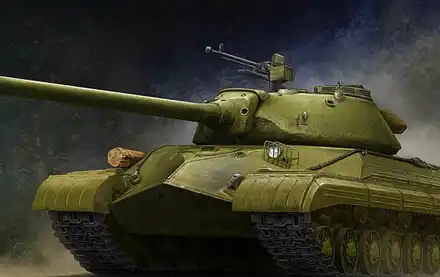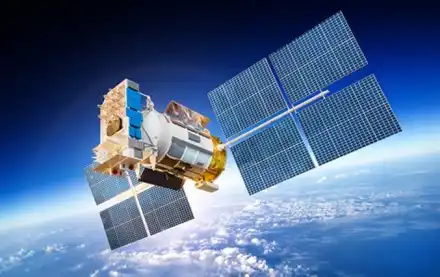




Cesare

Three businesses connected to the Sudanese Armed Forces (SAF) and three to the paramilitary Rapid Support Forces (RSF) have been sanctioned by the United Kingdom to cut funding to both sides and allow the parties to engage in a peace process, as well as facilitate access to humanitarian aid.
The United Arab Emirates has been providing arms to both the Rapid Support Force (RSF) and the Sudanese Army raising questions over the UAE’s role in the war and its impact on stability in the region. RSF leader Mohamed Hamdan Dagalo is the brother of Algoney Hamdan Dagalo who controls one of the sanctioned companies, Tradive, which is based in the UAE. According to US Treasury Tradive is believed to have purchased vehicles for the RSF which have been retrofitted with machine guns.
The sanctions are “a clear signal to those who are profiting from the conflict in Sudan that their actions will not be tolerated” says the British Government.
The UAE has been supplying arms to both the RSF and the Sudanese Army since 2014. These weapons reportedly include small arms, ammunition, and armoured vehicles. The UAE has also reportedly trained members of the RSF in the use of these weapons.
Weapons supplied to both sides include Zastava-produced M05 rifles, Nimr Ajbans armoured vehicles (for the RSF), and Calidus MCAV (for the Sudanese Army). Visuals have also emerged of thermobaric shells supplied by the UAE to the RSF and captured by the military. Video showing crates of the 120mm thermobaric airdrop shells with markings suggesting they were manufactured in Serbia in 2020 and later supplied to the UAE.
Ivan Alexandrovich Maslov, leader of the Wagner Group in Mali, has been sanctioned by the US Treasury for allegedly disrupting the stability of several African countries. However, Yevgeny Prigozhin Wagner’s leader in April denied the accusations maintaining they do not operate in Sudan. The denial comes in response to reports by Western diplomats in Khartoum in March 2022 that the company was involved in illicit gold mining in Sudan and other activities. These reports have also been denied by the RSF.
The conflict in Sudan began in April 2019, when pro-democracy protests forced President Omar al-Bashir to step down. The SAF and the RSF have been fighting for control of the country since then.
Impact of the Sanctions
The sanctions prevent the companies from doing business with British citizens or entities, and their assets will be frozen, possibly leading to them collapsing. Politically, sanctions will put pressure on the paramilitary group and the Sudanese military to negotiate a peace agreement.
This June, Sudan’s military initiated a forceful offensive against the paramilitary Rapid Support Force (RSF). The offensive aims to retake key areas that were under the control of the RSF, a powerful and controversial paramilitary group in the country. With massive artillery strikes and air raids targeting strategic RSF installations and troop clusters, the military’s actions mark a crucial turning point in Sudan’s ongoing political landscape.